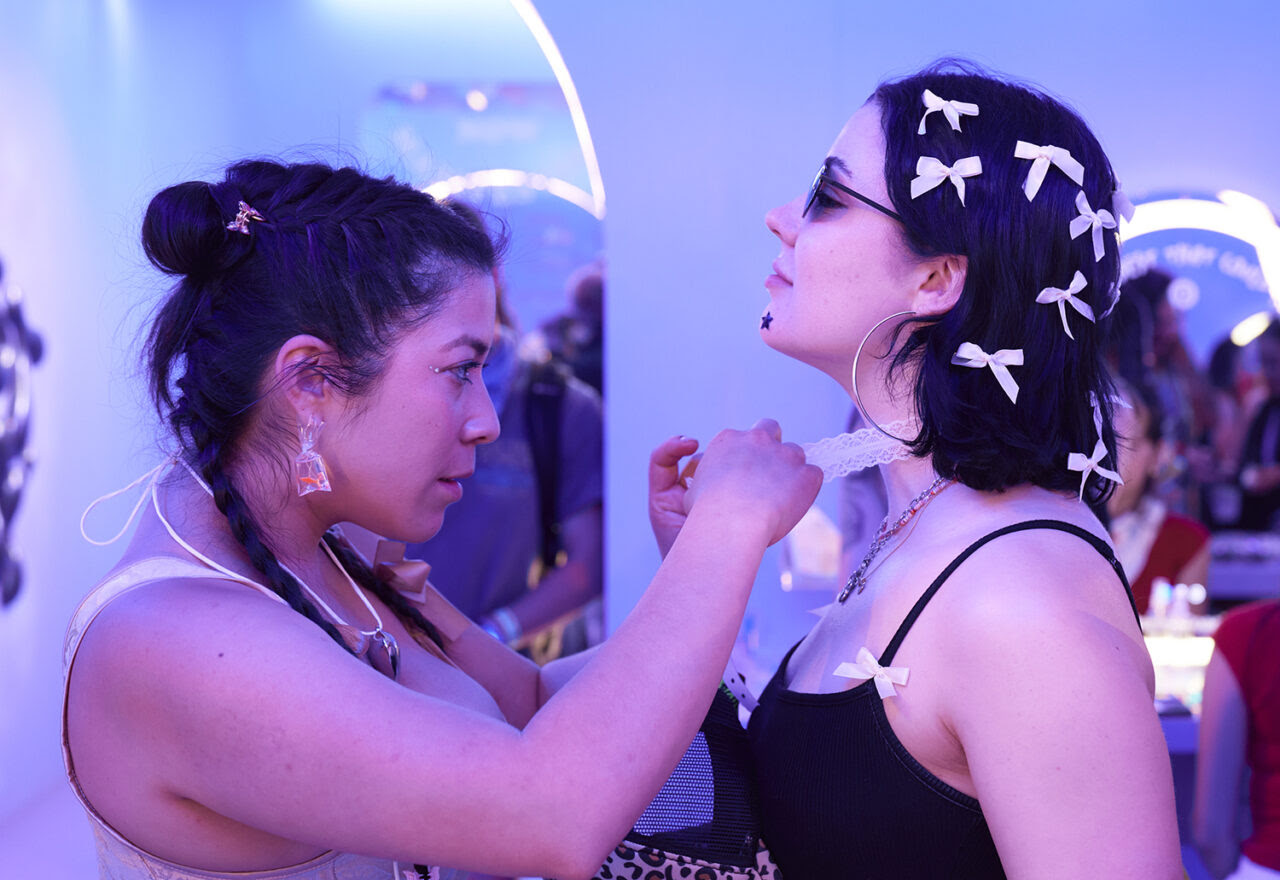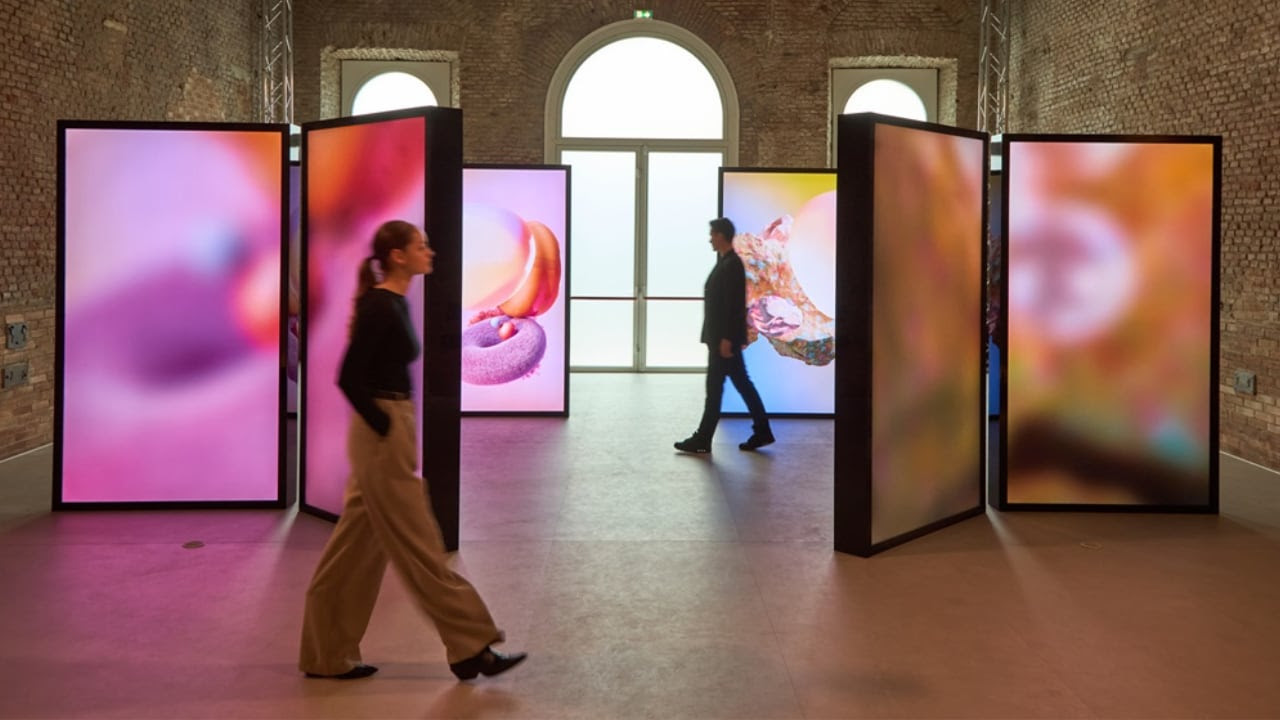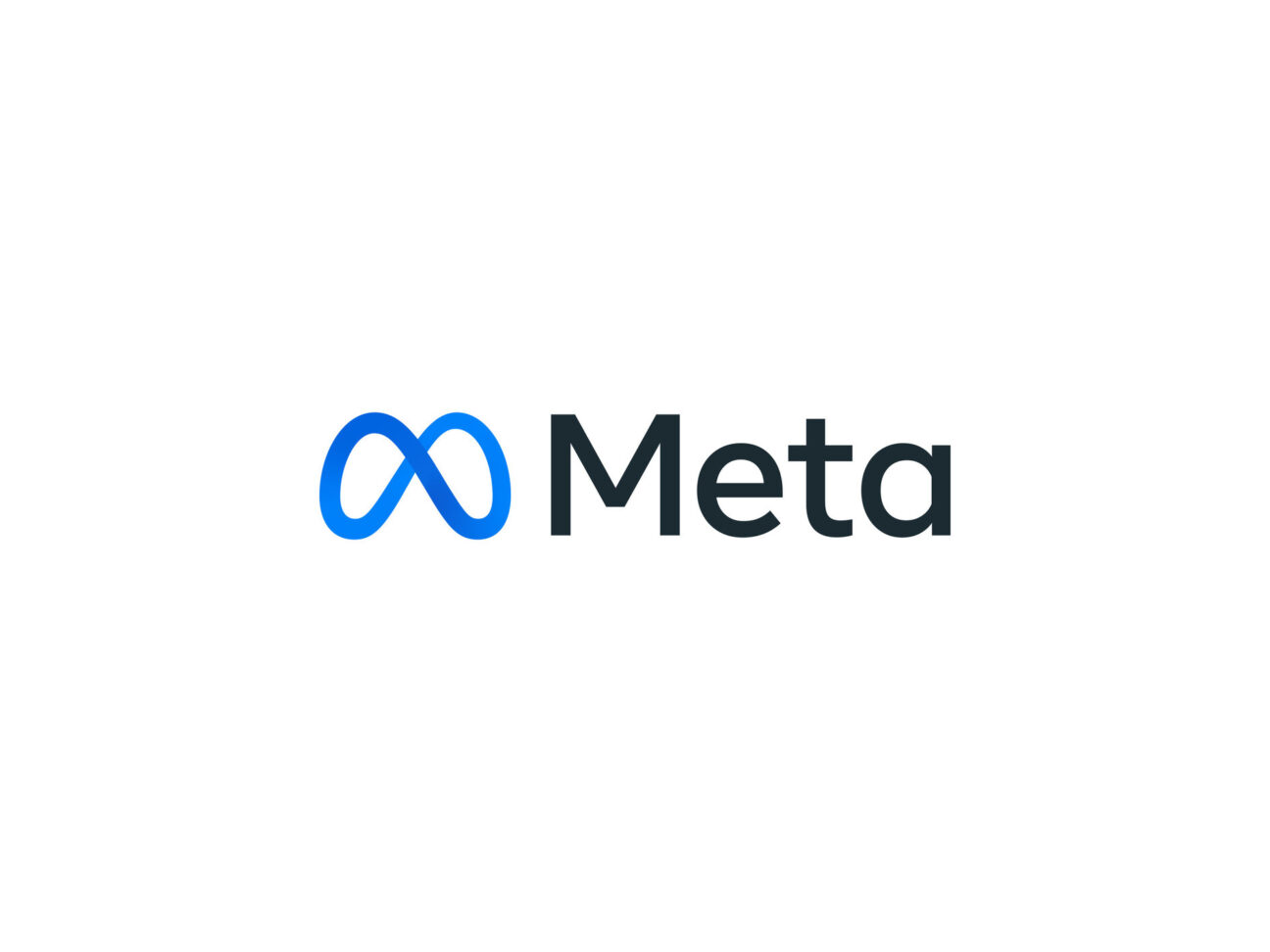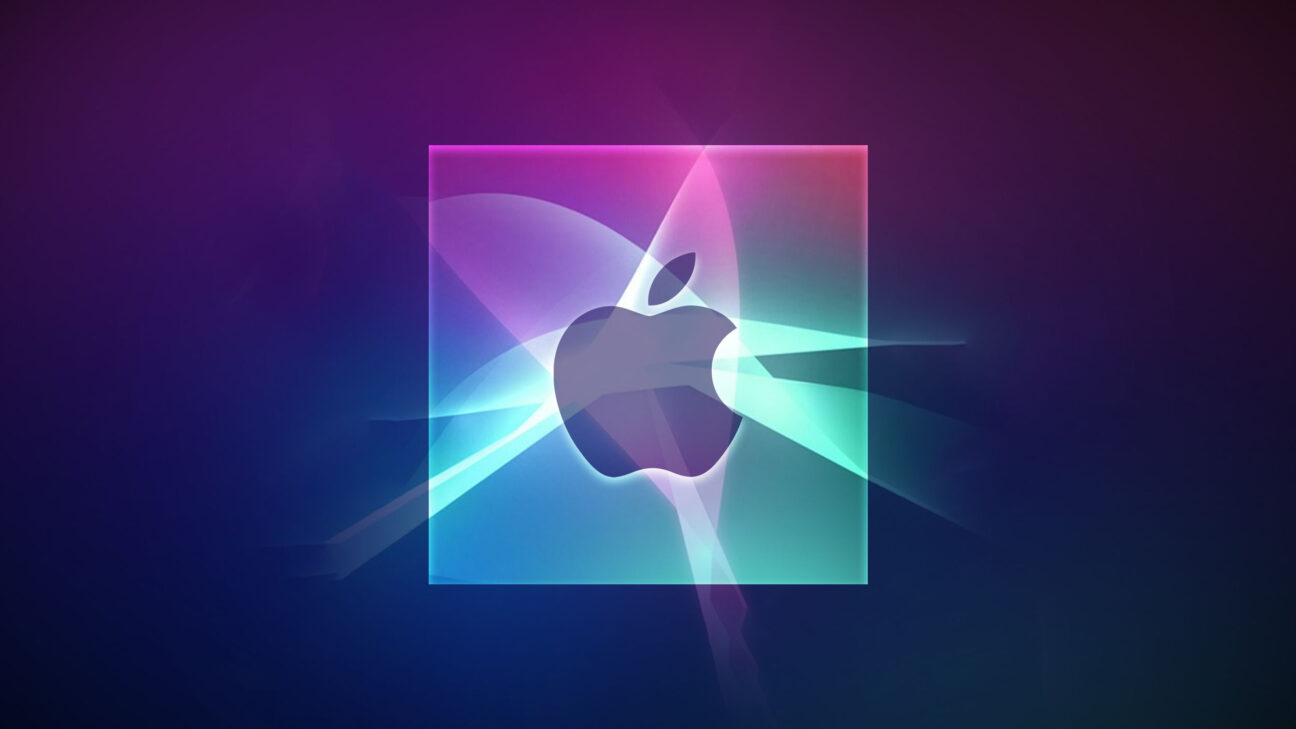Version 39.0

Written & Compiled by Macklin Andrick, GPJ Sr. Creative Technologist
GPJ’s Experience Technology practice provides a view into the creative future through the latest technological shifts and how they might benefit your next experience. Strap in as we dive into a whirlwind of innovation and spectacle!
At the forefront, Coachella 2024 dazzles not just with its stellar lineup, but with its experiential marketing popups! Meanwhile, Ray-Ban ups the ante with AI-powered smart glasses that are more than just a fashion statement—they’re your new go-to gadget for decoding the world around you. Stay tuned, stay inspired, and let’s make magic happen in the mesh of tech and creativity!

COACHELLA 2024 EXPERIENTIAL MARKETING
The Coachella Valley Music and Arts Festival of 2024, held in Indio, CA, once again set the stage for a vibrant display of experiential marketing alongside its musical lineup featuring artists like No Doubt, Lana Del Ray, and Tyler, The Creator. Innovative brand activations included 818 Tequila’s Western-themed pop-up saloon, Absolut’s Absolut.Land metaverse experience, and American Express’s multi-room journey for cardmembers to “manifest their own festival memories.” Pinterest introduced a fashion and beauty-themed Manifest Station, Method Products offered a variety of interactive body and hair care experiences, and Smirnoff ICE created a frosty playground with themed games and performances. Additional highlights included HBO’s “House of the Dragon” remix challenge, International Delight’s multisensory Cold Foam House, and NYLON’s 25th anniversary celebration with a metamorphosis theme at its NYLON House. These activations not only enhanced the festival experience but also exemplified the growing trend of immersive brand engagements in festival settings.
The Ray-Ban Meta Smart Glasses have multimodal AI now
The Ray-Ban Meta Smart Glasses have recently been enhanced with multimodal AI, adding a new dimension to their utility as both a content capture device and a pair of headphones. Introduced after an initial launch lacking this feature, the glasses now support an AI assistant capable of processing and responding to visual, audio, and textual information. Users can ask the AI to identify objects, translate signs, or provide information about landmarks, all through voice commands. Despite some challenges and inaccuracies—such as mistaking different car models or plant varieties—the AI generally performs well, especially for tasks that don’t require precise details like zooming in. This AI integration aligns with the glasses’ existing functionalities like live streaming and open-ear audio, making them a more versatile wearable technology. However, the true benefit lies in its integration into daily wear, leveraging a familiar form factor that reduces the friction typically associated with adopting new technology.


Samsung Showcases Harmonious Design at Milan Design Week 2024
At Milan Design Week 2024, Samsung Electronics captivated audiences with its “Newfound Equilibrium” exhibition, embodying the company’s “Samsung Design Identity 5.0: Essential∙Innovative∙Harmonious.” This display showcased Samsung’s approach to blending contemporary needs with aesthetic design across multiple product categories including the latest Galaxy S24 series and innovative home appliances. Set against the historic backdrop of the Leonardo da Vinci National Museum of Science and Technology in Milan, the exhibition explored themes of essential functionality, innovative technology, and harmonious integration with everyday life. The event illustrated Samsung’s global design efforts, highlighting its expansive team of over 1,500 designers from seven global studios, all dedicated to redefining the future of technology in harmony with human interaction.
Meta will offer its virtual reality OS to hardware companies
Meta announced plans to offer its Meta Horizon virtual reality operating system to hardware partners such as Lenovo, Microsoft, and Asus. This strategic move aims to establish a competitive dynamic similar to the Android versus iOS rivalry in the smartphone market, but within the realm of virtual reality headsets. The decision aligns with Meta’s broader goal to create an open ecosystem in virtual and augmented reality, challenging Apple’s more closed, premium-priced model. CEO Mark Zuckerberg’s vision includes making the Meta Horizon OS a hub for various applications and platforms, including Google Play, Steam, and Xbox Cloud Gaming, promoting a diverse range of VR experiences across different devices. This initiative represents a significant step in Meta’s ongoing investment in VR through its Reality Labs division, despite substantial financial losses. The collaboration with hardware manufacturers is intended to diversify the VR market, offering devices tailored to different uses, from gaming to productivity.


FCC votes to restore net neutrality
The Federal Communications Commission (FCC) has voted 3–2 in favor of restoring net neutrality, a move that reinstates regulations dismantled during the Trump administration. By reclassifying internet service providers (ISPs) as common carriers under Title II of the Communications Act, the FCC aims to ensure that ISPs cannot block, throttle, or offer paid prioritization for internet traffic. Although the FCC has decided not to regulate ISP pricing at this time, this could change with future proceedings. This decision updates the FCC’s authority to oversee internet service standards and address national security risks related to telecommunications. The vote reflects ongoing debates over the balance of regulation and innovation in the tech industry, with ISPs concerned about the potential impact on investments, while proponents argue for the protection of fair internet access.
Apple Releases Open Source AI Models That Run On-Device
Apple has launched OpenELM, a series of open source large language models (LLMs) optimized for on-device operation, diverging from the traditional cloud-based AI models. These models, which are available on the Hugging Face Hub, are designed to enhance privacy by processing data directly on users’ devices. OpenELM includes eight models, four of which utilize the CoreNet library for pre-training and four that are instruction-tuned, all employing a layer-wise scaling strategy for improved efficiency and accuracy. Apple’s release includes comprehensive training materials like code, logs, and multiple model versions to foster transparency and accelerate advancements in AI research. This move not only opens up new possibilities for developers and researchers to modify and improve these models but also aims to attract top talent by enabling more open research opportunities, a notable shift from Apple’s typically secretive approach.

More Cool Stuff We Found
- This self-transforming Megatron is as badass as it is expensive
- Is UMaine’s Experimental 3D-Printed Dwelling the Future of Affordable Housing?
- The little smart home platform that could
- Twelve key installations from Milan Design Week 2024
- AI assisted asset generation – test case
- Framework won’t be just a laptop company anymore
- The Wizard of Oz Method in UX
- AI Reimagines Your Favorite Disney Characters as Old Hollywood Stars
Missed a Creative Tech Byte? Find all previous versions here.